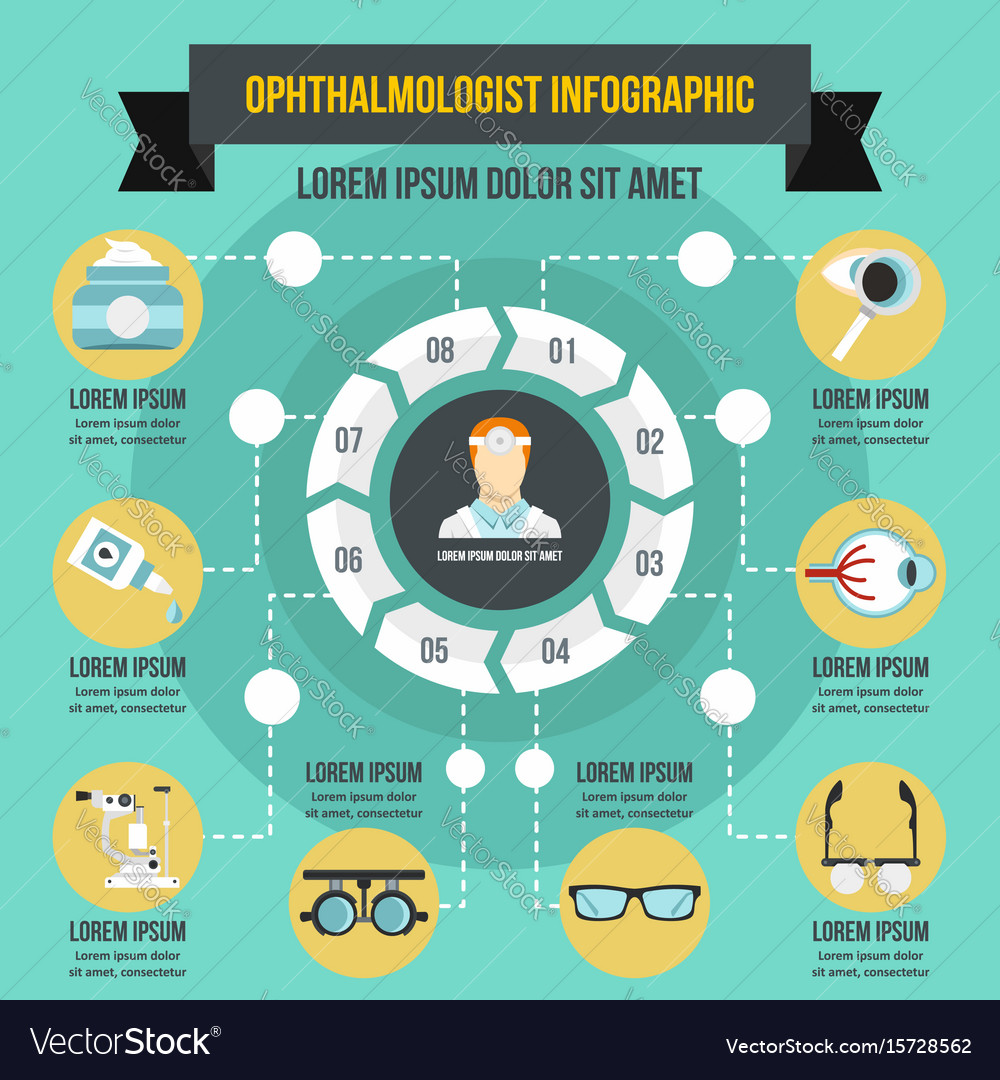The Thorough FAQ On Refractive Lens Exchange: Every Little Thing You Should Understand About
The Thorough FAQ On Refractive Lens Exchange: Every Little Thing You Should Understand About
Blog Article
Write-Up Writer-Hunter Bondesen
If you're considering refractive lens exchange, you most likely have a lot of concerns. This procedure can alter exactly how you see the world, supplying advantages like reduced reliance on glasses. However, it's essential to recognize the process, risks, and who certifies as a good prospect. Allow's check out these vital aspects so you can make an enlightened choice about whether RLE is right for you.
What Is Refractive Lens Exchange and How Does It Work?
Refractive lens exchange (RLE) is a procedure developed to change your eye's all-natural lens with a synthetic one, dealing with vision problems like nearsightedness, farsightedness, or presbyopia.
During the procedure, your specialist makes a tiny cut in the eye, eliminates your natural lens, and inserts an intraocular lens (IOL) tailored to your vision needs. This outpatient surgical treatment generally takes about 15 to 30 minutes per eye and is carried out under regional anesthetic.
You'll likely observe renovations in your vision nearly quickly, though full healing may take a few weeks. RLE is specifically helpful for those over 40 or with high prescriptions, offering a resilient service compared to glasses or get in touch with lenses.
Your eye care expert can aid determine if RLE is right for you.
What Are the Conveniences and Risks of Refractive Lens Exchange?
Selecting refractive lens exchange can lead to considerable enhancements in your vision, but it is essential to weigh both the benefits and dangers prior to choosing.
On the plus side, this treatment can enhance your eyesight by correcting concerns like presbyopia, nearsightedness, and hyperopia. Several people take pleasure in reduced reliance on glasses or call lenses, which can considerably enhance their quality of life.
Nonetheless, it's important to consider prospective threats. Problems can include infection, glare, or halos around lights.
There's likewise an opportunity of overcorrection or undercorrection, which might call for extra treatments.
That Is a Suitable Prospect for Refractive Lens Exchange?
If you're taking into consideration refractive lens exchange, it's important to know whether you fit the profile of a suitable prospect. Usually, you might be a great candidate if you're over 40, experience presbyopia, or have high levels of nearsightedness or farsightedness.
Mesa Trusted Vision Care 's additionally critical that your vision is steady, implying your prescription hasn't transformed substantially in the past year. If https://people.com/health/lasik-eye-surgery-what-to-know/ have cataracts or other eye problems, you might gain from this treatment also.
However, certain aspects, like unchecked diabetes mellitus or autoimmune conditions, might disqualify you. To establish your candidacy, speak with an eye care expert who can review your certain situation and recommend the most effective course of action tailored to your needs.
Conclusion
In conclusion, refractive lens exchange can be a transformative choice for improving your vision, especially if you more than 40 or have a high prescription. While the advantages are significant, it's vital to evaluate the threats and seek advice from your eye care professional to establish if you're an optimal prospect. With the ideal information and support, you can make a notified choice and perhaps appreciate a life with minimized reliance on glasses.
